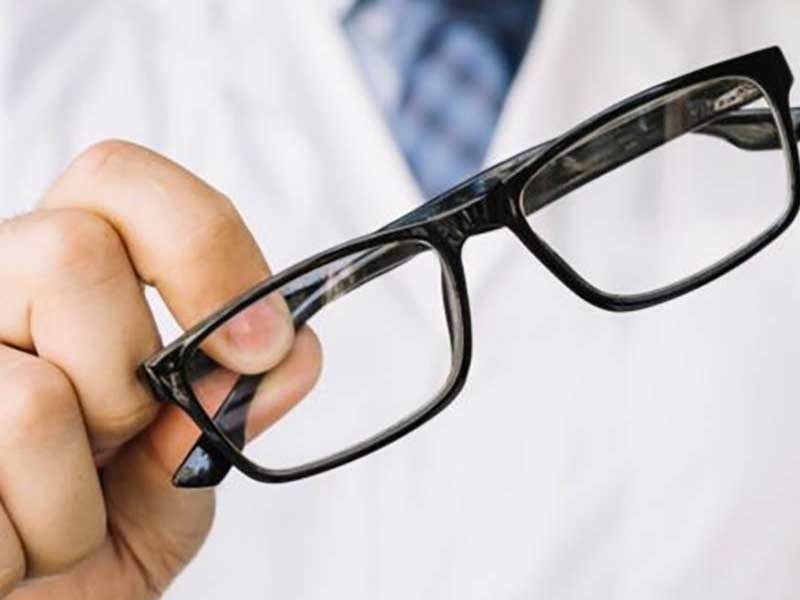Clinic Consultation in Kelowna / BC, is a premier provider of Ophthalmologist care, dedicated to preserving and enhancing the vision of our community members. Our clinic is home to esteemed ophthalmologists who specialize in the comprehensive diagnosis, treatment, and management of a wide array of eye conditions and diseases. From routine eye exams and vision testing to advanced surgical procedures such as cataract surgery, glaucoma management, and corrective laser surgeries, Clinic Consultation employs the latest in medical technology and techniques to ensure optimal outcomes for our patients. We pride ourselves on our patient-centered approach, offering personalized care plans designed to meet the unique needs of each individual. Our commitment to excellence in eye care, combined with our compassionate and professional staff, makes Clinic Consultation the go-to destination for those in Kelowna / BC, seeking expert Ophthalmologist care and support for their vision and eye health.
Ophthalmologist in Kelowna / BC

Watch our video about Ophthalmologist
Ophthalmologist in Kelowna / BC
An ophthalmologist is a medical doctor specializing in diagnosing and treating eye diseases and vision problems. They treat a wide range of conditions, from refractive errors like myopia and hyperopia to more serious issues like cataracts, glaucoma, and retinal diseases. Besides prescribing corrective lenses, ophthalmologists perform surgeries such as cataract removal and LASIK. They also manage long-term eye health by conducting regular check-ups and preventive care.
When Should I See an Ophthalmologist?
You should see an ophthalmologist for routine eye exams, especially if you have vision problems or a family history of eye diseases. Adults should have an eye check-up annually, particularly after age 40, when the risk of cataracts and glaucoma increases. Children should be seen early to detect any vision issues that could affect their development.
Additionally, any symptoms such as blurred vision, eye pain, difficulty seeing at night, sensitivity to light, or feeling like there’s something in your eye warrant a visit to the ophthalmologist.
What Diseases are Treated by an Ophthalmologist?
Cataracts
Cataracts occur when the lens of the eye becomes cloudy, leading to blurred vision, sensitivity to light, and difficulty seeing at night. They often develop with age but can also result from trauma or medication use. Cataract surgery, where the cloudy lens is replaced with an artificial one, is the most effective treatment.
Glaucoma
Glaucoma is characterized by increased pressure inside the eye, which can damage the optic nerve and lead to vision loss if untreated. The disease often has no early symptoms, making regular eye exams crucial for detection. Treatment can include eye drops, oral medications, or surgery to reduce intraocular pressure.
Macular Degeneration
Age-related macular degeneration (AMD) affects the central part of the retina, called the macula, and can result in loss of central vision. It is more common in older adults and may be treated with laser therapy, injections, or supplements to slow disease progression.
Diabetic Retinopathy
A complication of diabetes, diabetic retinopathy damages the blood vessels in the retina, potentially causing blindness. Regular eye exams are essential for diabetics, and treatment options include laser surgery or injections to manage the condition.
Refractive Errors
Conditions such as myopia (nearsightedness), hyperopia (farsightedness), and astigmatism affect the way light enters the eye, causing blurred vision. These can be corrected with eyeglasses, contact lenses, or surgical procedures like LASIK.
Conjunctivitis
Conjunctivitis, or pink eye, is an inflammation of the conjunctiva often caused by infections or allergies. Depending on the cause, ophthalmologists may prescribe antibiotic or antiviral eye drops.
What Exams Does an Ophthalmologist Perform?
Ophthalmologists conduct various exams to assess eye health. The refraction test helps determine prescription needs for glasses or contact lenses. The fundoscopy examines the retina and optic nerve, essential for diagnosing conditions like glaucoma and diabetic retinopathy.
Other tests include tonometry to measure intraocular pressure for glaucoma detection and retinal photography to capture detailed images of the retina. In some cases, fluorescein angiography is used to evaluate the retinal blood vessels.
When Should You See an Ophthalmologist?
It’s recommended to visit an ophthalmologist annually for routine eye exams. Additionally, if you experience symptoms like blurry vision, eye pain, flashes of light, or difficulty seeing at night, it’s important to seek an evaluation. People with chronic conditions like diabetes or those with a high risk of eye diseases should also see an ophthalmologist regularly.
Those who work long hours in front of screens should consider regular visits to prevent eye strain and other vision problems associated with prolonged screen exposure.
What Should You Ask an Ophthalmologist During the First Appointment?
During your first appointment, it’s important to ask about your overall eye health and any necessary preventive measures. Ask about specific steps you can take to protect your vision, especially as you age, and whether additional tests are required based on your symptoms or family history.
If you're interested in vision correction, inquire about the best options for your condition, whether glasses, contact lenses, or surgical treatments like LASIK. It’s also helpful to ask about eye care products or lifestyle changes to maintain long-term eye health.
At Clinic Consultation, our experienced ophthalmologists are available to provide comprehensive eye care, including diagnosis, treatment, and preventive measures. Schedule your appointment today to ensure the best care for your vision and eye health.
Click the button below to schedule your appointment online.